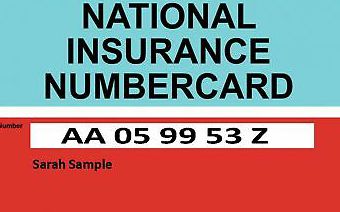National insurance security contributions are paid from income from employment and self-employment earned above the NI limit. NI employees do not pay out their earned income when they reach retirement age, even if they continue to work. Self-employed persons who reach the state pension age and pay class 4 premiums will continue to do so until the end of the tax year.
Until the State Pension Age
If you work – as an employee or self-employed – and your income exceeds a certain level, you pay social security contributions. Pay for NICs from the age of 16 until you reach the state pension age. If you are an employee, you pay class 1 premiums for insurance based on your income. As a self-employed person, you pay premium class 2 at a fixed weekly rate and premium class 4 per year based on your taxable income.
After the State Pension Age
You only pay the national insurance after you have reached the state pension age unless you are self-employed and pay class 4 premiums.
Will I pay NI When I retire as a 55-Year-Old?
National insurance contributions cease when you reach the state pension age, so you do not pay NI for pension or other income benefits. You may still have to pay tax if your taxable income exceeds your personal allowance.
Do I Pay NIC of My Pension If I Retire Early?
The national insurances pay for income from employment and the self-employed, but not for contributions to a pension scheme. This means that even if you retire before retirement age and start receiving a pension, you do not have to pay NIC for this. However, you should keep in mind that you may have to pay income tax on pension benefits.
Will Working Retirees Pay NI?
Earlier this year, the prime minister’s spokesman confirmed that the tax should be paid by working adults, including people of retirement age. From April 2023, the tax will be separate from the national insurance schemes and paid by working pensioners.



